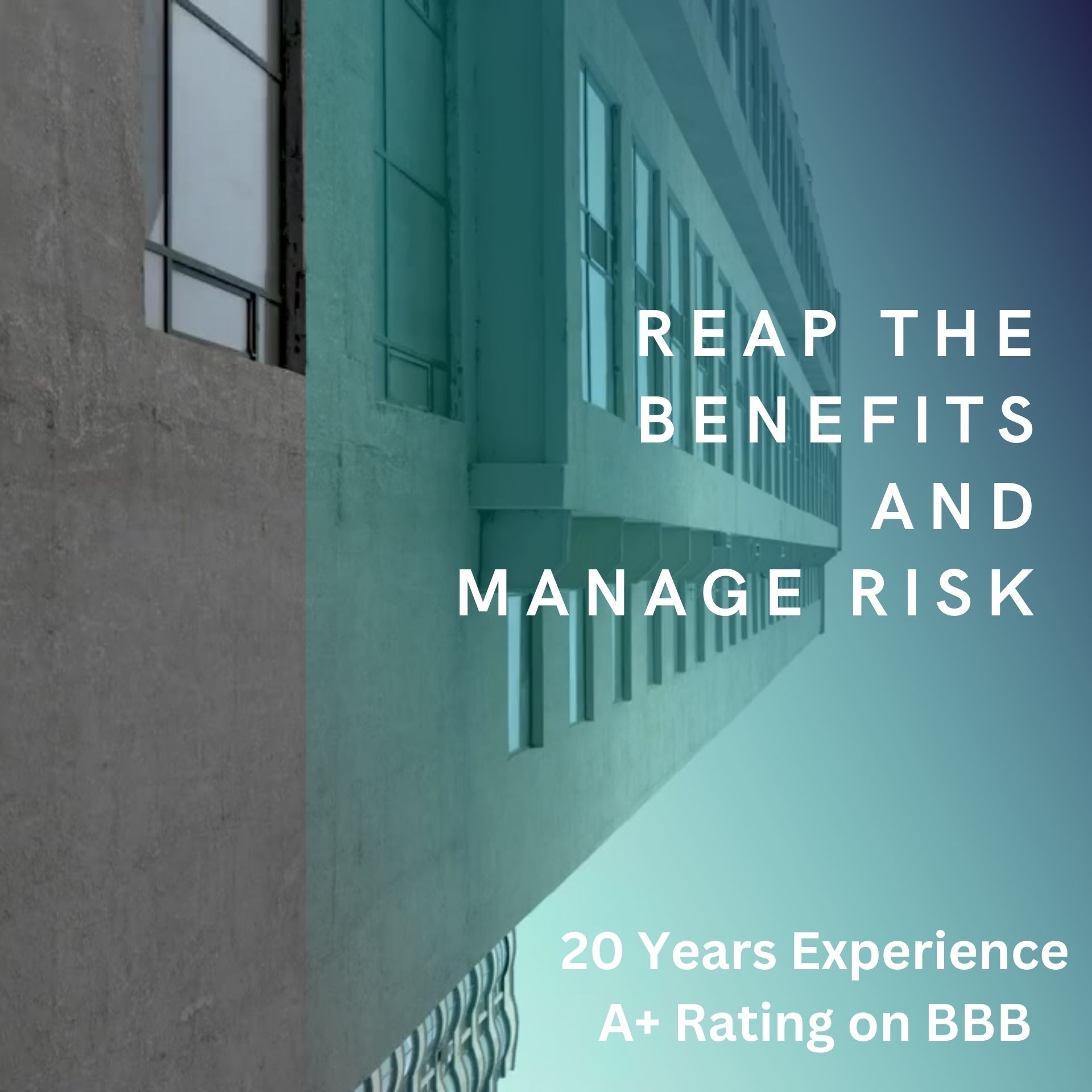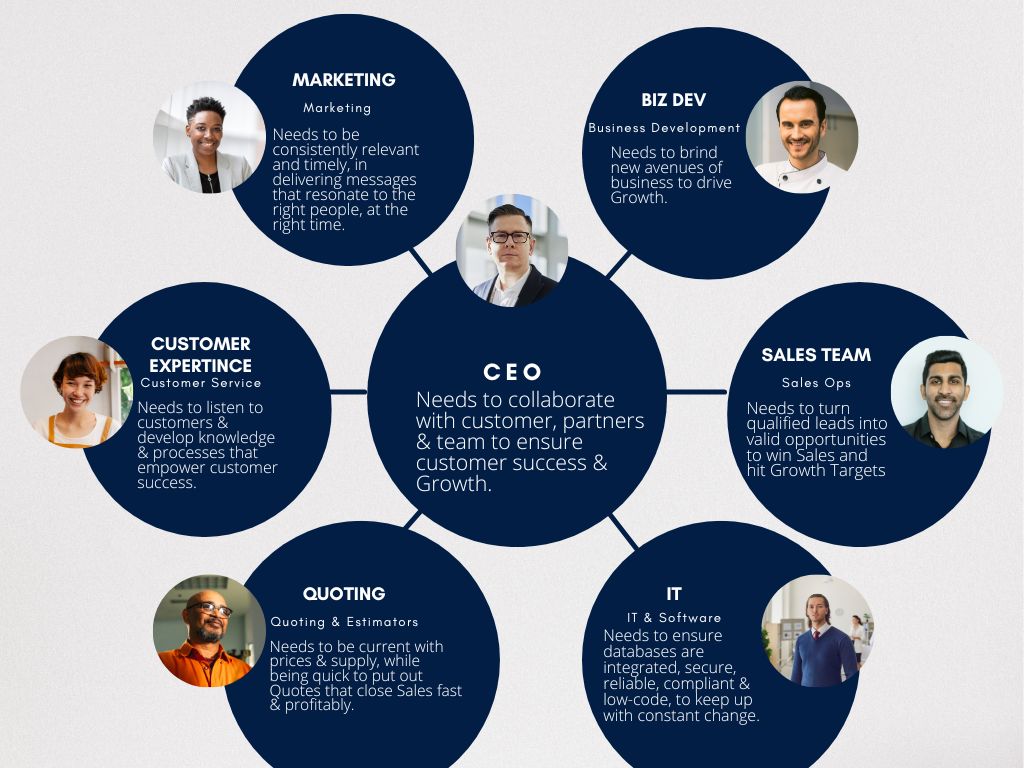Enhanced Lead Scoring: Maximizing Sales Efficiency with Vector-Based Systems
Content:
- Introduction
- High-Value Lead Identification in Real Estate
- Customized Insurance Packages in Finance
- Precision Targeting in B2B Sales
- Streamlining E-Commerce Customer Journeys
- Enhancing Subscription Models in Media
For businesses, particularly in sales and marketing, the ability to quickly and accurately score leads is critical to maximizing efficiency and ensuring that time and resources are allocated effectively.

Traditional lead scoring methods often rely on static data, such as demographic information or past purchases. However, the advent of vector-based scoring systems has revolutionized this process.
By aligning prospective leads against ideal customer profiles using Vectors, businesses can achieve a more nuanced and dynamic understanding of their leads.
This article explores five use cases demonstrating how vector-based scoring can enhance lead prioritization and drive sales success.
-
High-Value Lead Identification in Real Estate
Scenario
A real estate agency is inundated with inquiries but struggles to prioritize clients who are most likely to make a purchase.
Application
Vector-based scoring allows the agency to rank leads based on a composite of factors such as browsing behavior, interaction with listings (views, saves, inquiries), and financial indicators.
The system aligns these Vectors against profiles of past high-value clients to score each lead, enabling agents to focus their efforts on those with the highest purchase potential, thus optimizing their time and increasing the chances of closing deals.
-
Customized Insurance Packages in Finance
Scenario
An insurance company wants to streamline its lead scoring to offer more tailored insurance packages.
Application
Using vector-based scoring, the company can analyze extensive data sets, including previous insurance claims, customer interactions, and lifestyle data from various sources.
Leads are then scored against the ‘ideal customer profile’ Vectors for different insurance products, ensuring that potential clients are presented with the most relevant packages, thereby increasing the likelihood of conversion and customer satisfaction.
-
Precision Targeting in B2B Sales
Scenario
A B2B software provider aims to enhance lead generation and scoring for their niche market.
Application
In B2B sales, where the lead cycle is longer and more complex, vector-based scoring can be pivotal.
By evaluating leads against Vectors that include industry type, company size, tech stack, and engagement with specific content or marketing channels, sales teams can pinpoint businesses that are not just more likely to buy, but also likely to benefit most from the software, facilitating a more consultative and effective sales approach.
-
Streamlining E-Commerce Customer Journeys
Scenario
An e-commerce platform experiences high traffic but low conversion rates.
Application
Vector-based scoring enables the platform to score leads by aligning their online behavior Vectors (like page views, cart additions, and dwell time) with profiles of past high-conversion customers.
This system can prioritize leads that exhibit similar behaviors to past converters, allowing for more focused and personalized marketing efforts, such as targeted emails or custom discount offers, to nudge them towards a purchase.
-
Enhancing Subscription Models in Media
Scenario
A media and publishing company seeks to optimize its subscription funnel.
Application
The company uses vector-based lead scoring to evaluate potential subscribers based on their interaction with different content types, reading frequency, and past subscription history.
This approach identifies leads with the highest propensity to subscribe and enjoy the content, facilitating targeted marketing campaigns and special offers to convert them into loyal subscribers.


Enhanced lead scoring through vector-based systems offers businesses across various industries a more sophisticated, dynamic way to assess and prioritize leads.
This technology not only improves the accuracy of lead scoring but also enables a deeper understanding of customer behavior and preferences, paving the way for more personalized, effective sales strategies.
By leveraging vector-based lead scoring, companies can focus their efforts on the most promising prospects, thereby maximizing conversion rates and driving revenue growth.